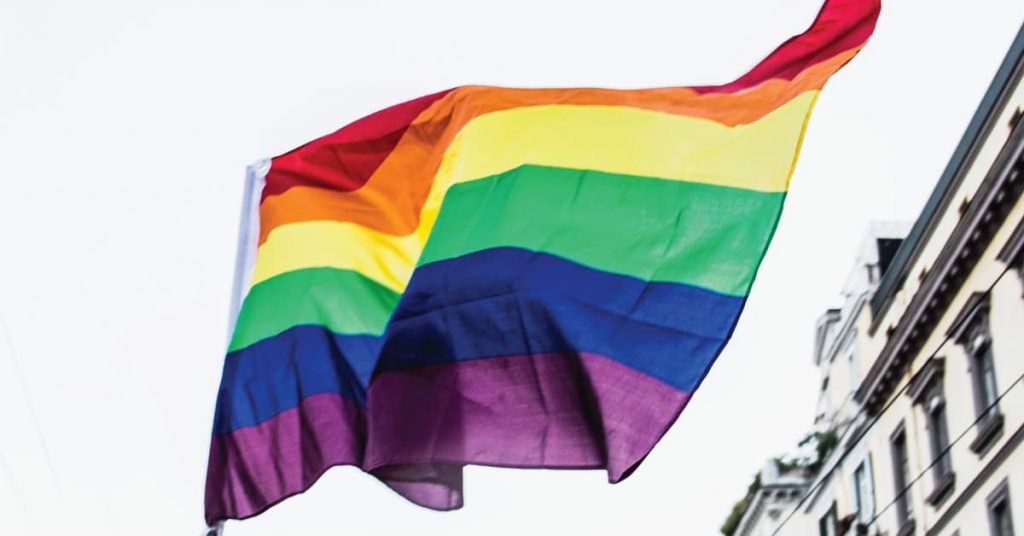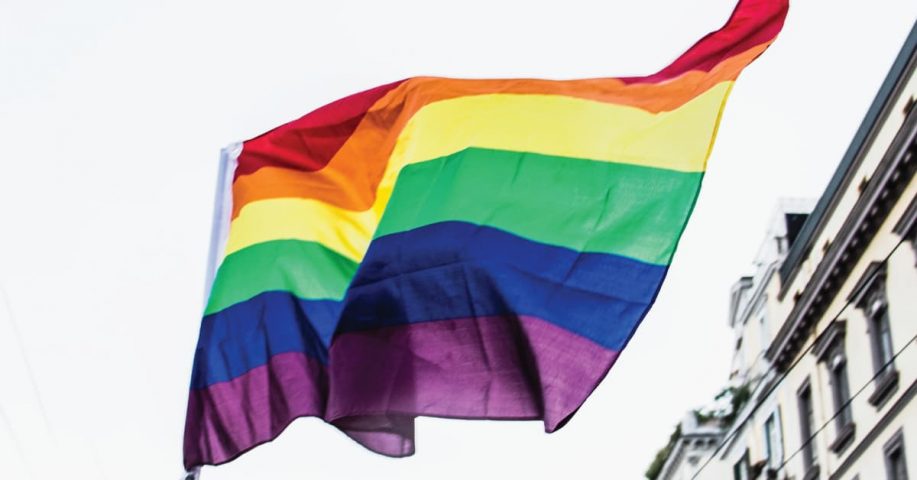
A Hopeful Victory in the Continuing the Struggle for Reproductive Justice
A Hopeful Victory in the Continuing the Struggle for Reproductive Justice
By: Funders for LGBTQ Issues Staff on June 30, 2020
Yesterday, the Supreme Court of the United States struck down a Louisiana law that required doctors performing abortions to have admitting privileges at nearby hospitals–a significant victory for reproductive justice and for the people of Louisiana. The effect of the law would have been to force the closure of all but one abortion provider in the state of Louisiana, which would have drastically reduced access to reproductive care and disproportionately impacted Black women, who make up more than 60 percent of those seeking abortions in the state. Despite the major victory, this still leaves only three abortion providers in the state.
Within the same hour, the Court ruled that government funding agencies may require HIV/AIDS providers abroad to “explicitly oppose prostitution and sex trafficking.” This latter decision not only threatens sex workers’ rights, but also erodes free speech of civil society and the delivery of programs addressing the most vulnerable populations affected by HIV/AIDS. These decisions come in the wake of the Trump administration urging the Supreme Court last week to end the Affordable Care Act and rob nearly 20 million Americans of their health insurance amid a global pandemic, and the Tennessee legislature moving to ban abortion after a fetal heartbeat can be detected—with no exceptions for cases of rape or incest.
This past week’s conflicting decisions, legal challenges, and new legislation reflect the patchwork reality of reproductive justice in this country. The Supreme Court’s decision to strike down Louisiana’s law is a significant victory, but we continue to face a barrage of draconian anti-abortion laws at the state and federal levels, which have steadily eroded reproductive justice over the past four decades. As a result, more than 11 million women, transgender, and nonbinary people live more than an hour away from the nearest abortion facility. Women of color, LBQ women, trans people, low-income communities, sex workers, and rural communities in particular lack access to basic reproductive health care. All of these populations face even more vulnerabilities and lack of access amid the COVID-19 pandemic and economic recession.
In the past two months, we have seen unexpected victories for LGBTQ rights, immigrant rights, and racial justice–demonstrating that movements for social justice have the potential and power to overcome even the most overwhelming of opposition and setbacks. “This is another win for our movements, and especially for my home state of Louisiana,” said Chantelle Fisher-Borne, Director of Funders for LGBTQ Issues’ Out in the South Initiative. “All across the country, bold leaders are continuing the fight for reproductive justice–particularly in the South, and often with lesbians, bisexual and queer women, trans people, and women of color at the forefront.”
Several of our members have played a crucial role in supporting the leadership of lesbian, bisexual, and queer women, trans people, and women of color trailblazing the struggle for reproductive justice: the Arcus Foundation, the Astraea Lesbian Foundation for Justice, the Ford Foundation, the Foundation for a Just Society, Groundswell Fund, the New York Women’s Foundation, the Overbrook Foundation, Proteus Fund, Third Wave Fund, the Trans Justice Funding Project, and the Women’s Foundation of California.
Like so many of our leading members, Funders for LGBTQ Issues recognizes that the movement for reproductive and gender justice is inextricably intertwined with the movements for LGBTQ rights, racial justice, and economic justice. In particular, religious exemptions are increasingly used as a smokescreen to roll back both reproductive rights and LGBTQ rights.
“Yesterday’s Supreme Court decision on the Louisiana law is a victory for human rights, but it only offers a brief reprieve in the ongoing assault on reproductive justice,” said Ben Francisco Maulbeck, President of Funders for LGBTQ Issues. “Funders must move resources now to assure that all of us–especially women of color and trans people of color–have access to reproductive health care and other basic needs.”
“In my past experience working in abortion clinics for Planned Parenthood, I came face to face with women and trans people of all sexualities and genders who traveled far distances for reproductive healthcare,” said Rebecca Wisotsky, National Director of Philanthropic Outreach for Funders for LGBTQ Issues. “While this ruling makes abortion more accessible for the women in Louisiana, there is still more work to do. As a membership organization, it is critical for our members and philanthropy as a sector to see the depth and breadth of LGBTQ issues. Whether funders are focused on health care access or economic opportunity, we all need to deepen our understanding of the interconnectedness of LGBTQ rights, reproductive justice, racial justice, and economic justice.”
Funders for LGBTQ Issues pledges to continue our work to center gender justice in all aspects of our work, including programming centering the voices of LBQ women of color and trans people. We will work in partnership with our members and fellow philanthropic networks to bring more philanthropic resources to work at the intersection of LGBTQ rights and reproductive justice.
Image note: Photo by Sara Rampazzo on Unsplash

